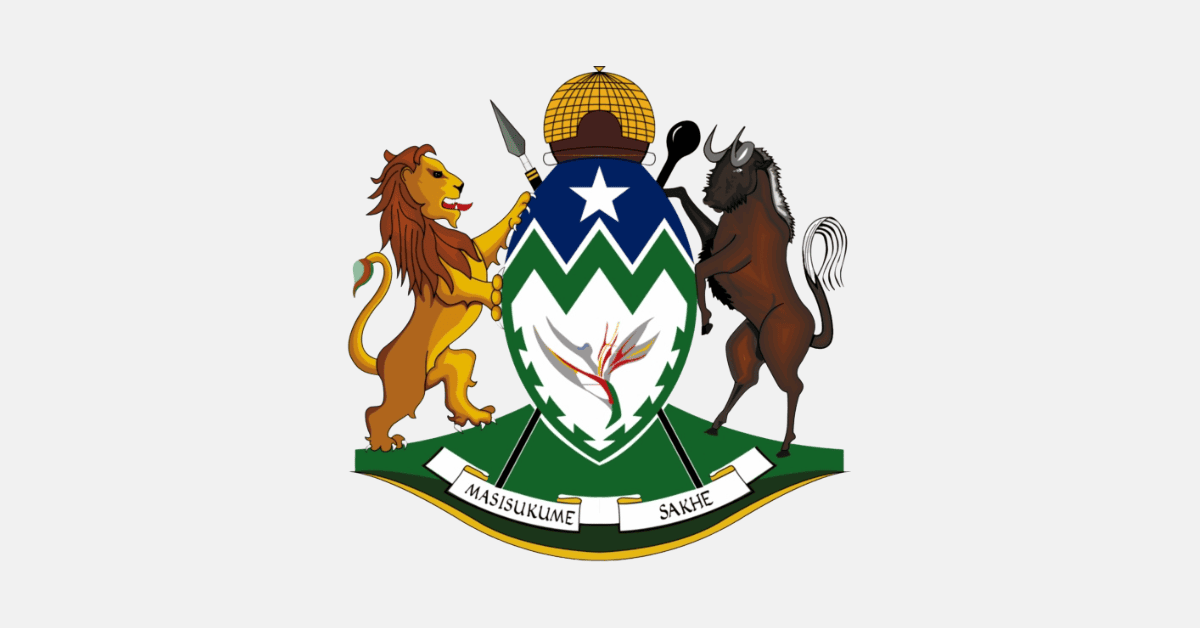Embarking on a career in nursing is both a noble and rewarding pursuit. Manguzi Hospital Nursing School, situated in the Umkhanyakude District of KwaZulu-Natal, South Africa, offers aspiring nurses a unique opportunity to receive quality education and training in a community-focused environment. This article provides an in-depth overview of the school, covering its history, programmes offered, admission requirements, application process, key dates, and other essential information to guide prospective students.
Historical Background
Established in 1948, Manguzi Hospital began as a modest clinic under the auspices of the Methodist Church of South Africa. Over the decades, it has evolved into a 280-bed district hospital, serving the healthcare needs of the local community. The hospital’s commitment to education led to the inception of its nursing school, aiming to train competent nurses equipped to address the diverse health challenges of the region.
Programmes Offered
Manguzi Hospital Nursing School offers a comprehensive Diploma in Nursing programme, designed to develop generalist nurses proficient in various healthcare settings. The curriculum integrates theoretical knowledge with practical clinical experience, ensuring graduates are well-prepared to meet the demands of the healthcare sector.
Diploma in Nursing
Duration: Three years
Focus Areas:
- General Nursing: Care across various medical conditions and demographics.
- Community Nursing: Preventive care and health promotion at the community level.
- Psychiatric Nursing: Support for patients with mental health conditions.
- Midwifery: Care for mothers and newborns during pregnancy, childbirth, and postpartum.
Admission Requirements
To gain admission, candidates must meet specific academic and personal criteria:
- Academic Qualifications:
- National Senior Certificate (NSC): Minimum score of 25 points using a standardised point system.
- Subject Requirements:
- English (Home Language or First Additional Language): Level 4 (50–59%).
- Another Language: Level 3 (40–49%).
- Mathematics: Level 3 (40–49%) or Mathematics Literacy Level 5 (60–69%).
- Life Sciences or Physical Sciences: Level 4 (50–59%).
- Life Orientation: Level 4 (50–59%) (not scored in the admission points).
- Additional Requirements:
- Citizenship: South African citizens residing in KwaZulu-Natal.
- Age: Between 18 and 35 years at the time of application.
- Health Status: Good health, verified by a medical examination.
- Background Check: A clean criminal record.
Application Process
Step 1: Application Period
The KwaZulu-Natal Department of Health announces nursing training posts annually via newspapers, hospitals, clinics, and its official website.
Step 2: Online Application
Applications are submitted exclusively online through the KwaZulu-Natal Department of Health website.
Required Documents:
- Certified copy of NSC or equivalent qualification.
- A certified copy of a valid South African ID is required.
- A certified copy of a marriage certificate (if applicable) is required.
- Curriculum Vitae (CV) with contact information and physical address.
Step 3: Selection Process
- Shortlisting: Candidates meeting the minimum requirements proceed to assessments.
- Knowledge Assessment: Evaluates suitability for the programme.
- Medical Examination: Ensures candidates are physically and mentally fit.
- Verification: All documentation is checked for authenticity.
Step 4: Notification
Only shortlisted candidates are contacted due to the high volume of applications.
Key Dates and Application Deadlines
- Application Period: Announced annually, typically early in the year.
- Deadline: As specified in the advertisement, late applications are not accepted.
- Selection Assessments: Conducted shortly after the application period closes.
- Programme Start: At the beginning of the academic year.
Prospective students should regularly check the official website for updates.
Financial Assistance
The KwaZulu-Natal Department of Health provides financial assistance to successful candidates in the form of a bursary. This bursary covers tuition fees and may include support for textbooks and living expenses. Recipients are typically required to sign a service agreement to work within the province’s healthcare facilities after graduation.
Clinical Training and Facilities
Manguzi Hospital Nursing School integrates clinical training into its curriculum to ensure students gain practical experience. Training occurs across:
- General Hospitals: Exposure to diverse medical and surgical cases.
- Psychiatric Hospitals: Training in mental health care.
- Community Health Facilities: Hands-on participation in health promotion initiatives.
The hospital’s rural setting enhances students’ understanding of underserved communities, fostering adaptability and compassion.
Why Choose Manguzi Hospital Nursing School?
- Community-Centred Approach: Focus on preventive care and health education.
- Hands-On Experience: Practical training across various healthcare settings.
- Supportive Environment: Small class sizes and mentorship from experienced professionals.
- Career Prospects: Graduates are highly regarded for their training and skills.
Application Tips
- Start Early: Prepare documents well in advance.
- Double-check Details: Ensure all documents are certified and current.
- Stay Informed: Regularly check the official website for updates.
- Prepare for Assessments: Review basic nursing and healthcare concepts.
- Show Dedication: Demonstrate your passion for nursing during the selection process.
Final Thoughts
Manguzi Hospital Nursing School provides a strong foundation for a fulfilling nursing career. With its emphasis on academic excellence, practical training, and community healthcare, the school equips students with the skills and compassion needed to excel in diverse healthcare settings.
Aspiring nurses are encouraged to apply and join a legacy of healthcare professionals making a difference in their communities. For more information, visit the KwaZulu-Natal Department of Health website or contact the hospital directly. Take the first step towards a rewarding career in nursing today.

